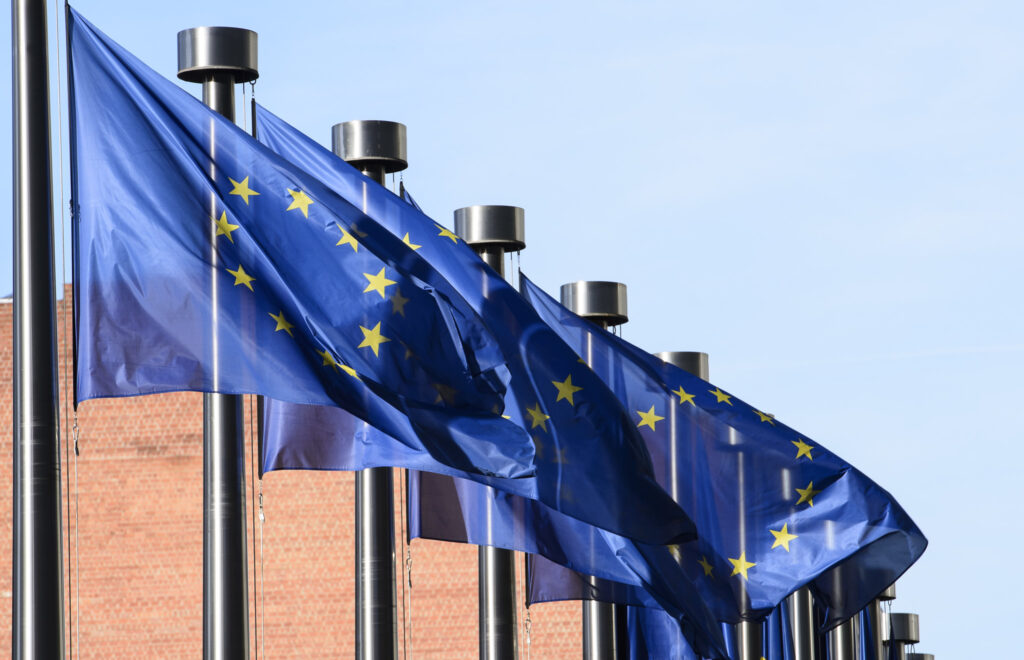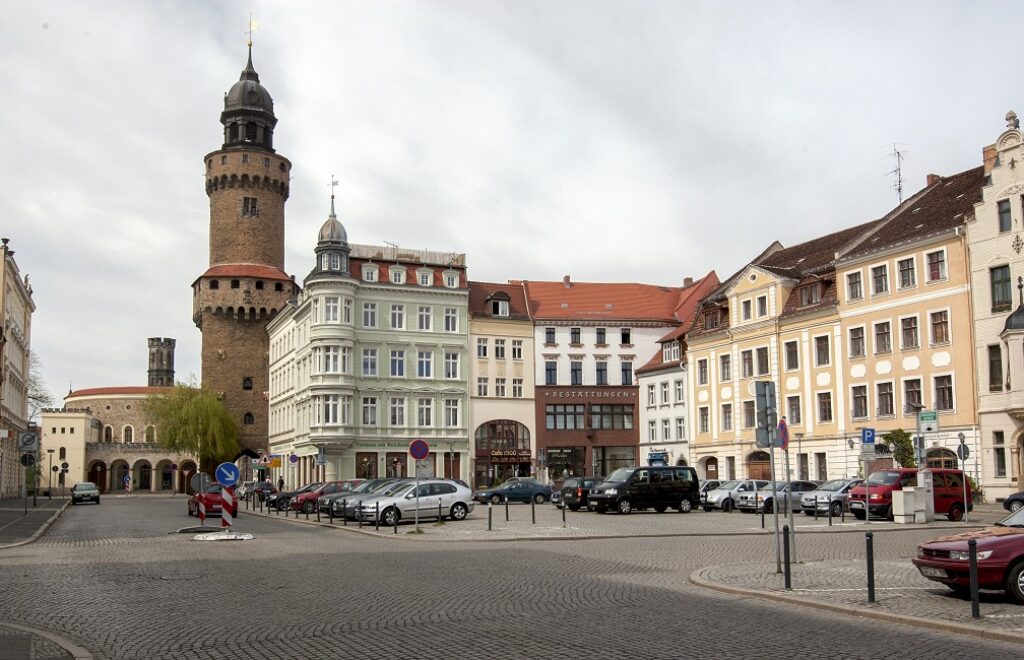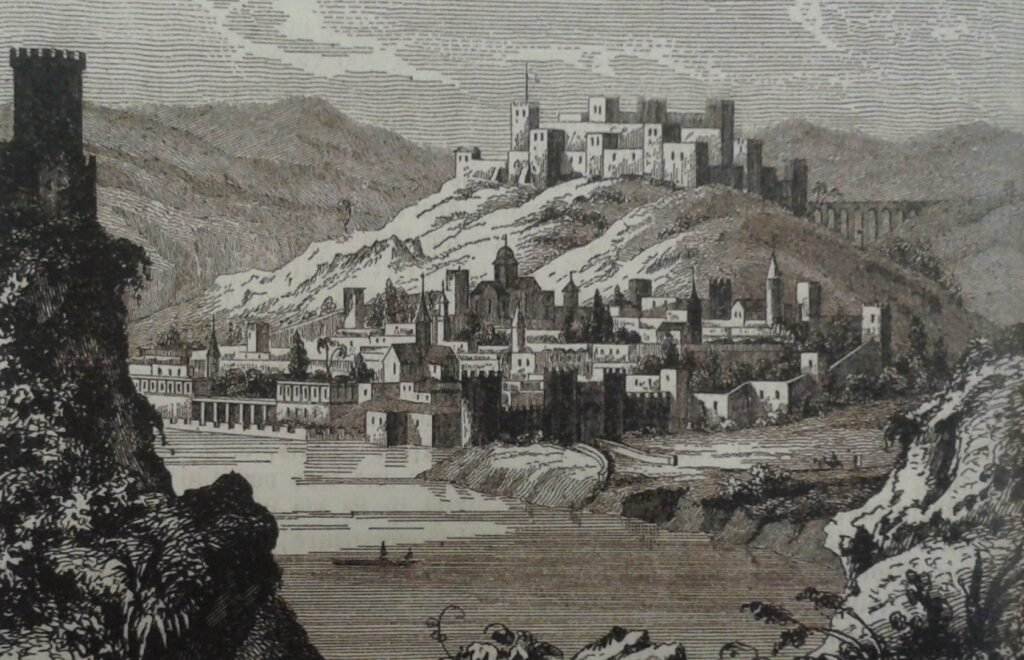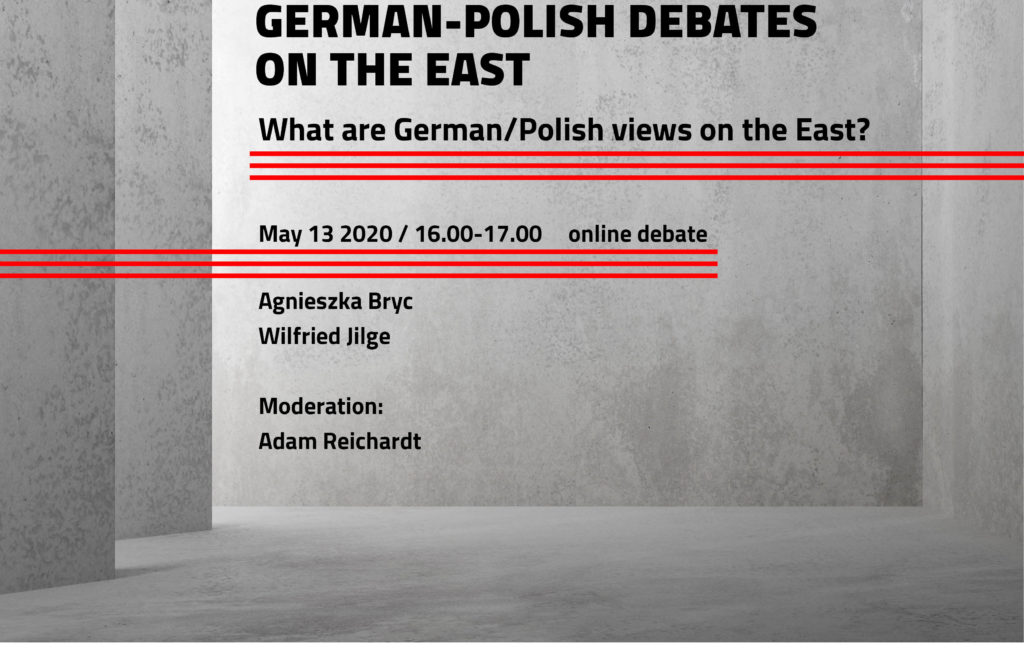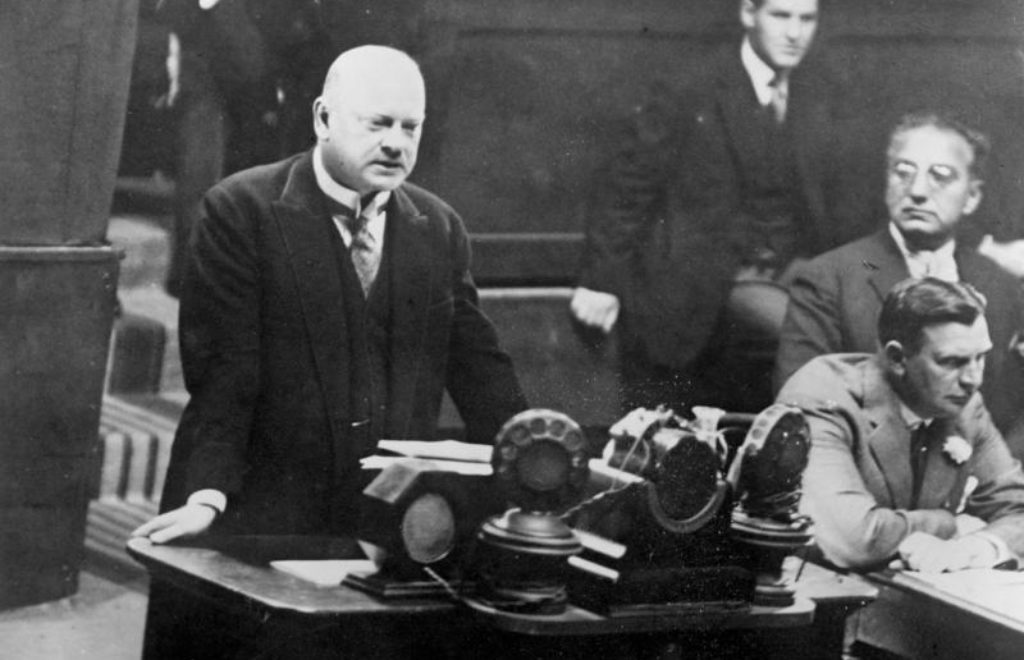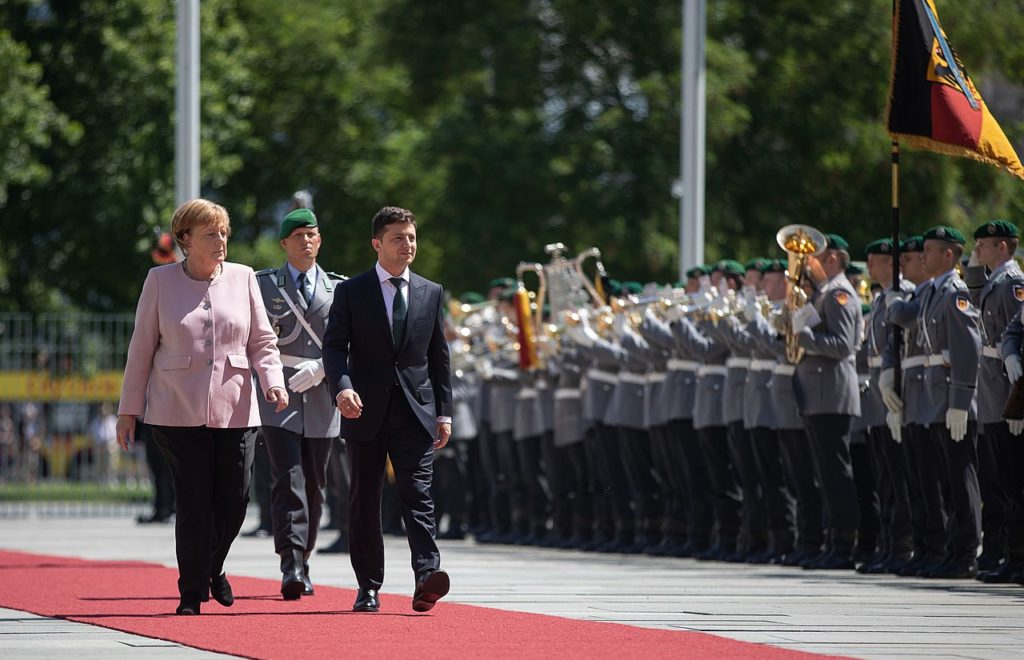A fortress of human rights
Prior to the creation of the European Union, Europe did not exist. It did not exist in the political sense, that is. It is true that François Guizot, the 19th century historian and statesman, believed that there is something like a European civilisation because a certain kind of unity permeates European countries despite countless differences dividing them. This unity, however, was manifest only to a select number of Europeans and only through comparisons with the brutally colonised European “Others” across Africa, Asia, the Middle East and Americas. Certainly, the thus conceived civilisational unity did not translate itself into political unity. The geographical concept of Europe made political sense only as an unstable system of volatile states linked more frequently, and tightly, by their mutual hostilities than their alliances.
June 23, 2021 - Adam Chmielewski


